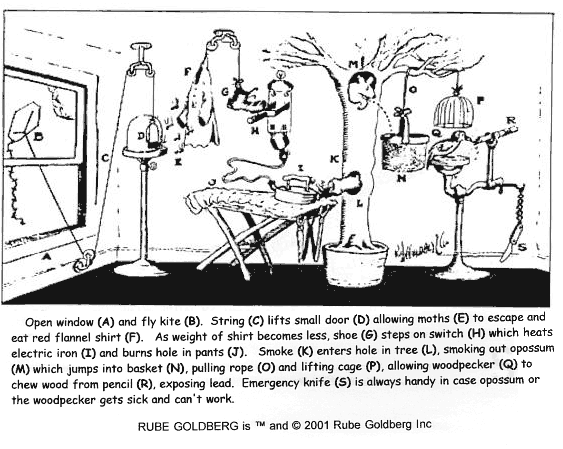Give Me a Pen, Give Me a Pencil
Give me a pen and I will break it into three pieces
the way P possesses enough of pity, pain, patience
and E earns enough of endorsement, equality,
encouragement
and N receives no, nor, none, nothing
It’s hard to tell the poor ending N that “being
nothing”
isn't equal to “being something” just like
“dream of having security and insurance”
isn’t the same as “having security and insurance”
I hope all the letters in an integrated pencil
understand that they all need to participate
in Carbon dialogue of the wood society which is
so vulnerable to a brand new Faber-Castell sharpener
Give me a pencil and I will peel it, all its bright fancy
skin
and then plug in the sharpener for half an hour,
sitting on a rocking chair, watching how easy
the flakes are desquamating, rendering, exfoliating
There won’t be a single E to defend the wood
or half a P to fight for the inner city
but you may find a little n slowly slips into the
trash bin,
and rises from Cans-Only in a recycling company

Pencil Sharpener -- Rube Goldberg
Reuben "Rube" Garrett Lucius Goldberg had a complicated name, including that of his older brother Garrett, who died as youngster. During World War II his political cartoons drew so much hate mail that he had his grown sons Thomas and George change their surnames to protect them, so Thomas chose his brother's name (becoming Thomas George) and George , in order to maintain family cohesiveness, became George W. George (who went on to produce films, including the 1957 documentary "The James Dean Story," which was directed by Robert Altman, "Night Watch" (1979) starring Elizabeth Taylor, and "My Dinner With Andre" [1981],h and Broadway shows such as "Dylan" with Sir Alec Guinness as Dylan Thomas and "Any Wednesday" starring Sandy Dennis and Gene Hackmanoth 1964] and Alan Ayckbourn's "Bedroom Farce," which earned a Tony Awards nomination for best play in 1979.] It is little wonder that Rube became best known for his cartoons depicting complicated gadgets that perform simple tasks in indirect, convoluted ways. After graduating with an Engineering degree from the University of California, Berkeley in 1904 , he became a sports cartoonist for the "San Francisco Chronicle," then moved to the "New York Evening Mail" in 1907, which was syndicated to the McClure Newspaper Syndicate; founded in 1884, it was the first successful distributor of comic strips, columns, book serials, and other editorial matter. By 1915 Goldberg was billed by his paper as America's most popular cartoonist and earning $25,000 a year, and the term "Goldbergian" was in popular usage (a reference to his early comic strip "Foolish Questions" and the game he invented of the same name); William Randolph Hearst's newspaper chain offered to double his salary, but the "Evening Mail" matched the offer and formed the Evening Mail Syndicate to distribute syndicate his cartoons nationally. He created several cartoon series simultaneously, but the strip that brought him lasting fame was "The Inventions of Professor Lucifer Gorgonzola Butts" (drawn from 1914 to 1964), which involved labeled schematics of comical inventions. By 1928 "Rube Goldberg machines" meant any similar gadget or process with a fantastically complicated, improvised appearance" or was deviously complex and impractical. In 1930 he wrote the feature film "Soup to Nuts" featuring his machines and sculptures and The Three Stooges. He founded and presided over the National Cartoonists Society in 1946, recieved a Pulitzer Prize for his political cartooning in 1948, and in 1954 the NCS began conferring the Reuben Award to the Cartoonist of the Year.
ReplyDelete